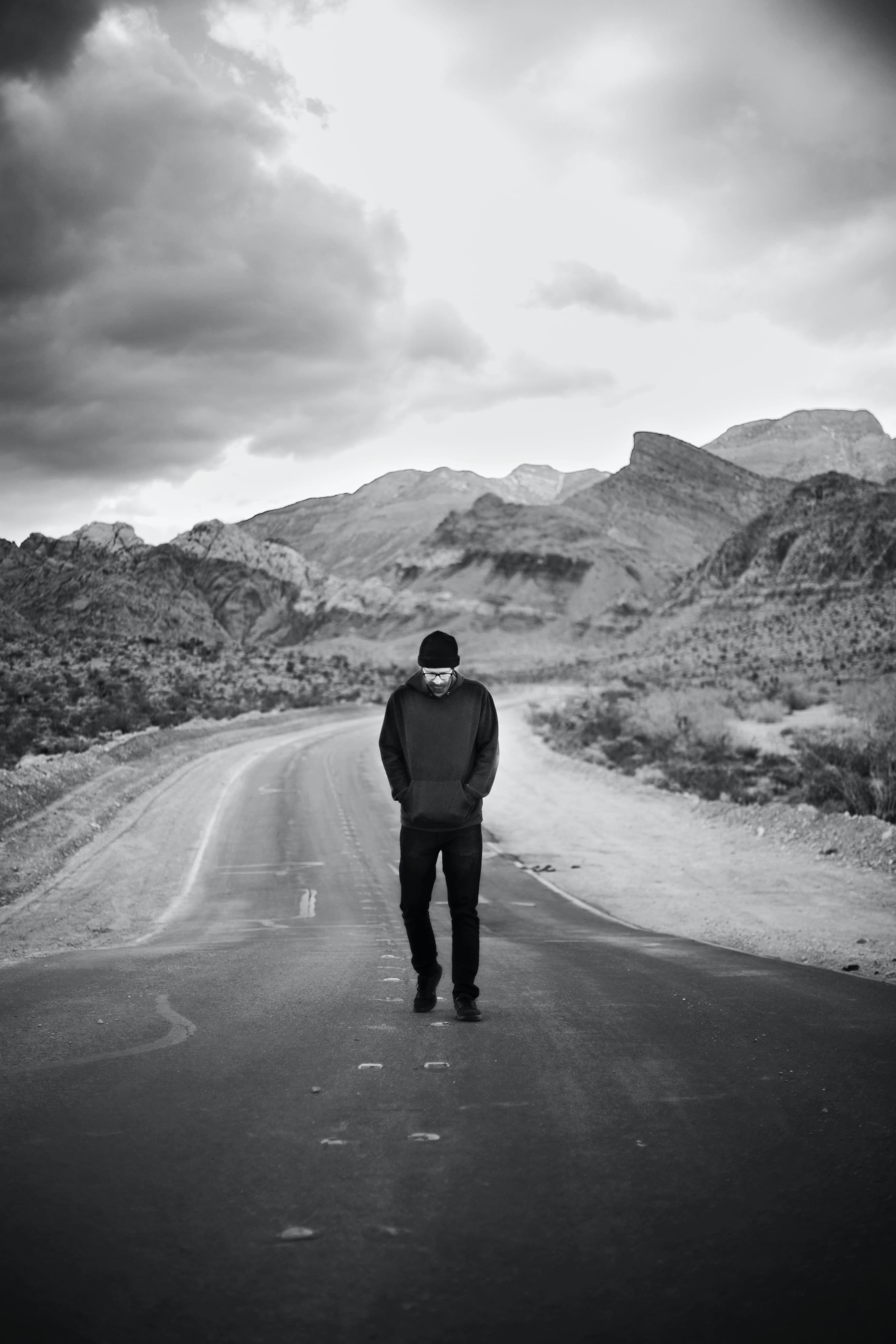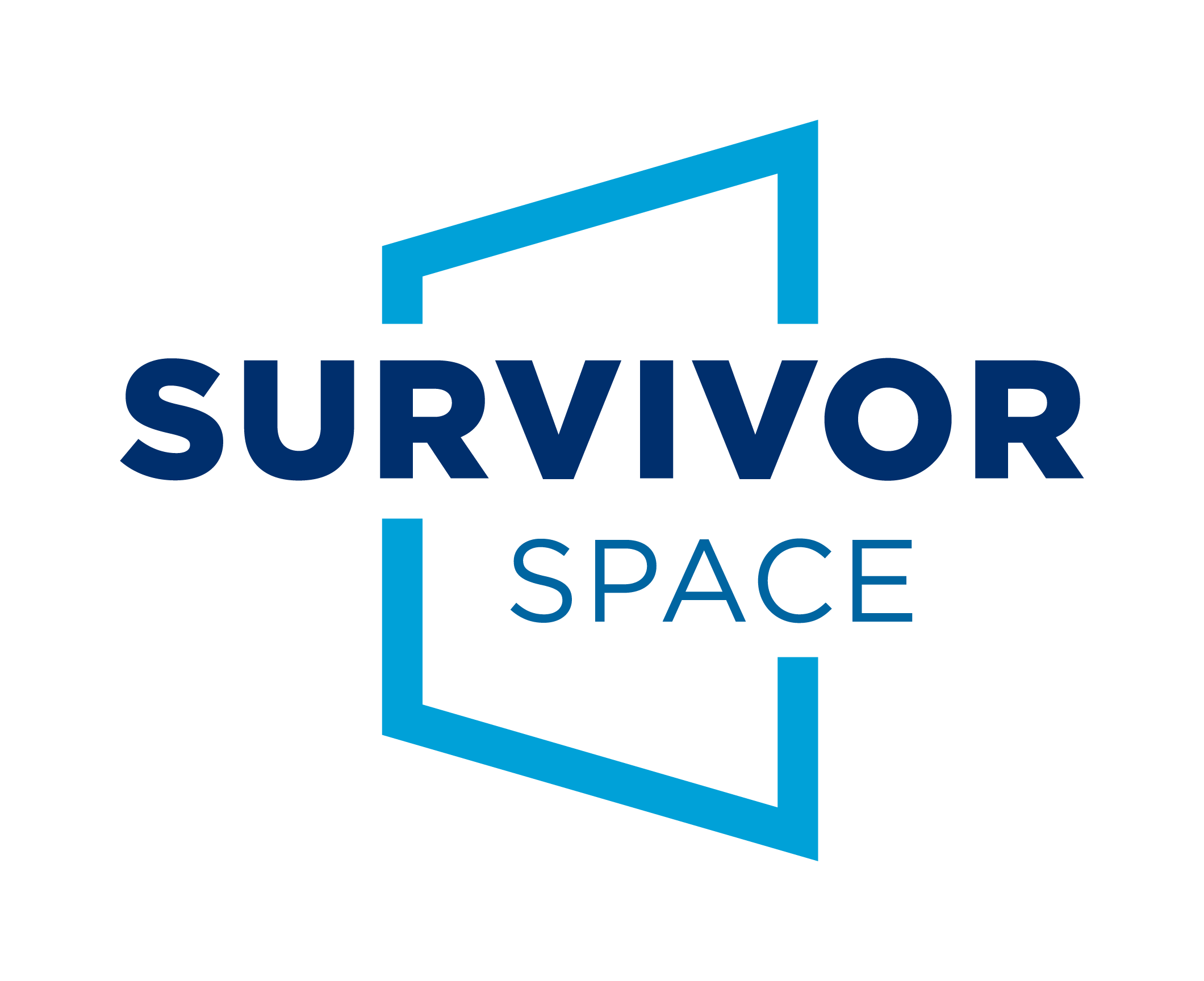Empowering Voices
The Pros and Cons of Sexual Abuse Survivor-Led Services

In the realm of healing from sexual abuse and sex trafficking, a powerful and transformative shift has taken place—a movement towards Survivor-Centered and Survivor-Led presentations, projects, and conferences. It is like a vast tapestry woven with threads of resilience and strength, where survivors unite to share their stories and weave their narratives, reclaiming control over their lives. Raw and unfiltered narratives become a source of empowerment—a collective force that transcends individual suffering. It's a tapestry woven with threads of resilience, binding us together in a shared journey towards healing. This paradigm shift contrasts starkly with the traditional Victim-Centered approach, where individuals are often treated as passive recipients of care.
Ena Lucia Mariaca Pacheco, Co-Founder and Global Ambassador for the U.S. Council on Violence against Men and Boys, stated, "Survivor-Led services and projects such as initiatives, organizations, or interventions that are driven and led by individuals who have directly experienced trauma, abuse, or exploitation have distinct advantages and challenges that shape their impact. I have seen the best results come from survivors and thrivers working on their healing journey, in hand with passionate supporters that hold kindness and collaboration as their core values."
Arlene Limas, Chief Executive Officer at PAVE Prevention Proactive Anti-Violence Education and Consulting, said, "I think when we include survivors at every level, when serving communities in need and on a path to healing, everyone is better served. The survivor continues to be heard and strengthened, and those being served know they are sharing a safe and powerful shared space."
As a survivor, I've realized that our stories are not just personal anecdotes; they are powerful tools for change. Each shared narrative has the potential to break the chains of silence and challenge the norms that perpetuate a culture of secrecy. By unveiling our experiences, we become advocates for change, catalysts for a societal shift in perception. Our stories are the voices that pierce through the darkness, calling attention to the pervasive issue of sexual assault. Survivors are not just recipients of support but active agents in their healing journey. These narratives transcend the confines of individual experiences; they become potent instruments that empower the survivor and inspire strength in others. It's a ripple effect—a single story creating waves of change.

Victim-centered, while well-intentioned, sometimes falls short of recognizing the strength inherent in survivors. The term "victim" implies a sense of powerlessness and perpetual vulnerability. On the other hand, survivor-centered embraces the idea that we are not defined by our victimhood but by our resilience. It's a subtle shift in perspective that transforms survivors from passive help recipients to active agents of change.
Lived-experience stories have the potential to be catalysts for societal transformation as well. As survivors share their experiences, a collective voice emerges—one that has the power to shatter the silence surrounding sexual assault and sex trafficking. Analogous to seeds planted in fertile soil, these stories raise awareness, fostering a deeper understanding of the pervasive nature of such exploitations. The more stories shared, the more profound the impact on society, dismantling the walls of ignorance and stigma.
Ena Lucia Mariaca Pacheco shared, "On the positive side, these initiatives empower survivors by providing them with a platform to take control of their narratives and recovery processes. This autonomy fosters a sense of empowerment and self-determination, allowing survivors to shape services and projects to address their unique needs and experiences better. The authentic understanding that survivors bring to the table is a significant strength, contributing to more empathetic, trauma-informed, and effective support services. By sharing firsthand perspectives and stories, Survivor-Led projects can help reduce stigma and increase awareness, fostering a supportive community where individuals can connect, share, and learn from each other. Peer support becomes a powerful tool for healing, creating a sense of belonging among those who have shared experiences. I am inspired when I see survivors who have combined their life passions with their calling for advocacy, from analysts, artists, to athletes – this combination brings high-impact change to the world. Survivor-Led initiatives play a crucial role in advocacy and social change. These projects often become strong pillars for policy change, social justice, and upholding human rights. Survivor's efforts contribute to a more inclusive and diverse representation within the advocacy and support landscape, addressing the unique needs of different communities."
Other pros of Survivor-Led services, presentations, projects, and conferences extend beyond individual healing; they ripple outward, touching the fabric of society itself. By sharing our stories, we empower ourselves and extend a hand to others who may still be shrouded in silence. It's a powerful act of solidarity, a reminder that no one walks this path alone. These shared narratives become beacons of awareness, illuminating the dark corners where sexual assault and sex trafficking thrive in silence.
As our stories weave into the collective consciousness, they become instruments of cultural change. Open dialogue replaces the hushed whispers that once surrounded sexual assault and sex trafficking. Survivor-Led, with their emphasis on storytelling, dismantle the walls of stigma that has long confined survivors to the shadows. The culture around sexual assault and sex trafficking begins to shift, transforming from one of blame and shame to one of empathy and understanding.
Survivor-centered services catalyze a cultural shift, challenging the profoundly ingrained norms that perpetuate a culture of silence. It is a cultural metamorphosis where survivors are not just survivors but advocates for change. Their stories become instruments of education, fostering empathy and challenging societal attitudes toward sexual assault. The Survivor-Led movement becomes a force capable of dismantling the foundations of a culture that has long perpetuated victim-blaming and shame.
However, this paradigm shift has its complexities. As we explore the pros of Survivor-Centered services, we must also navigate the nuanced landscape of potential drawbacks. One such concern is the risk of re-traumatization. In the pursuit of healing and sharing stories, survivors may find themselves revisiting painful memories, which can be both cathartic and challenging. As we share our stories, we reopen wounds that may not have fully healed. It's a tightrope walk between empowerment and vulnerability, where the line between healing and harm is thin. Survivors still need skilled guides—trauma-informed professionals who understand the delicate balance between exploration and protection.

"Despite these strengths, Survivor-Led services and projects also face challenges," said Ena Lucia Mariaca Pacheco. "To be effective, any individual must work on their own personal journey through self-care before committing to community-care. It is vital to understand personal triggers and emotional regulation during stressful moments within the working environment. This presents a challenge for the employer, staff, and survivors within these environments. Flexible, adaptive, and tailored working conditions are necessary to support the survivor-leader according to their needs; however, this may be difficult when there are limited resources and funding. Also, the survivor-leader needs to continuously work on their emotional regulation and healing journey to reduce negative self-talk or being inconsistent with prior agreed commitments when faced with a trigger. Survivor-leaders also face trauma competitiveness, where not all experiences are considered equal. For example, female accounts of sexual violence may be perceived as more traumatic than their male counterpart, often dismissing a male survivor's traumatic experience and their active engagement. Trauma shouldn't be compared because someone else will always have it better, and another will always have it worse – we need to come together based on our core fundamental beliefs that we wish for a world without abuse and exploitation."

Photo by Kitera Dent on Unsplash
Photo by Kitera Dent on Unsplash
Another facet of this intricate tapestry is the vulnerability survivors face in not being believed, or worse, blamed for the abuse they endured by other survivors as well as society. Imagine a survivor baring their soul, only to be met with skepticism or judgment. The fear of our experiences being dismissed or invalidated adds another layer of complexity to the already challenging journey. It's a reminder that skepticism and disbelief can cast a long and haunting shadow, even in spaces meant for healing. This fear looms large, creating a barrier that survivors must navigate. Survivor-centered services must address this concern head-on, ensuring that the safe spaces they create fortify against the corrosive effects of doubt and blame.
One of the most insidious cons is the potential for Societal Stigmatization. As survivors, we expose our most vulnerable selves in the hope of fostering understanding. However, society's ingrained tendency to stigmatize victims can turn these spaces into arenas of judgment. The fear of being labeled, of carrying the weight of societal prejudice, can deter survivors from seeking the support they so desperately need.
Stigmatization, a formidable adversary in the fight against sexual abuse and sex trafficking, remains a persistent concern. Picture a survivor stepping into the light, courageously sharing their story, only to be met with the shadows of societal stigma. Survivor-centered, while empowering, must also contend with the challenge of dismantling deeply rooted stereotypes and misconceptions surrounding sexual assault and sex trafficking. It's a battle not only against individual trauma but against the collective stigma that seeks to marginalize survivors.
There is another phenomenon that may appear with Survivor-Led presentations, projects, and conferences where the survivors try to unpack everything they believe to be accurate and so desperately want the world to understand—which can become overwhelming. Often, survivors see this opportunity as a window to unveil everything and can become a personal competition with other survivors to have their experience heard and believed. This internal competition can cause the presentation to become complex and convoluted, with too much information that audiences are not ready to listen to and shut down.
One survivor, who asked to remain anonymous, shared, "I have been working on several Survivor-Led presentations, and during the preparation, I found myself triggered by my survivor-partners, who were more focused on how they felt during the exploitation and forgot that we are sharing with the general public. Their passion for making sure the public heard and understood their plights and desire to make everything presented honestly and correctly overshadowed the intended focus on introducing information to the general public. Another aspect that seems to become relevant is making the abuse and trafficking as negative and monstrous as possible. Although this is true in hindsight, the grooming I went through set me up to not recognize the horrendous and exploitative aspects of the abuse until much later in life. I thought I was given an opportunity and chance to further myself and my family. Many survivors are generalizing the impact for all, like the predator is a monster and not the trusted neighbor, coach, teacher, relative, sibling, or parent. And there are interesting and different dynamics between female and male survivors that seem to be clumped together and generalized. There is a difference in how society hears and comprehends survivors' stories based on their gender."
Arlene Limas added, "I think we need to be mindful that healing from these horrific events that survivors are working through takes time. It's not a snap of the fingers; they are forever better. Organizations must prepare to create a supportive culture around Survivor-Led initiatives. We need to remember that survivors are still healing, even working to help others."
In navigating these intricate landscapes, Survivor-Led requires a delicate balance that acknowledges the transformative power of storytelling while remaining vigilant against the pitfalls of re-traumatization, disbelief, and stigma. It's a journey that requires a nuanced understanding of the intricate interplay between vulnerability and strength, healing and harm. Which still needs to incorporate the concept of Trauma-Informed as a guiding light. Trauma-Informed recognizes the impact of trauma on an individual's well-being, and prioritizes safety, empowerment, and promises a healing space where every step is taken with the survivor's well-being in mind, like a careful dance where every movement is intentional and considerate. Incorporating a balance between Survivor-Led and Trauma-Informed may produce the best results.

Survivor-centered presentations, projects, and conferences represent a seismic shift in the landscape of healing from sexual abuse and sex trafficking. They are a testament to the resilience of the human spirit, where survivors become architects of their narratives. However, the empowering potential of these Survivor-Led events, we must also acknowledge and address the potential pitfalls. Like any journey, the road to healing is complex and a testament to the indomitable human spirit, a space where the echoes of pain transform into whispers of resilience. The narrative unfolds by navigating the complexities of survivor-centered, victim-centered, and trauma-informed care—a story of healing, empowerment, and the persistent pursuit of a culture that refuses to be silent in the face of sexual assault and sex trafficking.
Dr. Kelli Palfy, a retired RCMP, Registered Psychologist @ Peaks & Valleys Psychology, and Author of Men Too: Unspoken Truths About Male Sexual Abuse and The Creating Personal Safety Series for Children, summed it up with, "Well, there is a biblical principle that ‘hurt people hurt people and healed people heal people’ seems appropriate."
Resources
Ena Lucia Mariaca Pacheco:
email: enaluciamariacapacheco@gmail.com
LinkedIn: https://www.linkedin.com/in/ena-lucia-mariaca-pacheco/
Webpage: https://linktr.ee/enaluciamariaca
Publication: https://www.sciencedirect.com/science/article/abs/pii/S0145213422003830?via%3Dihub
Dr. Kelli Palfy
Retired RCMP, Registered Psychologist @ Peaks & Valleys Psychology & Author of: Men Too: Unspoken Truths About Male Sexual Abuse and The Creating Personal Safety Series for Children
LinkedIn: Dr. Kelli Palfy | LinkedIn

About the Author:
John-Michael Lander is a Survivor, Advocate & Public Speaker
He is also the founder of An Athlete's Silence: www.anathletessilence.com

Published by SurvivorSpace, an initiative of Zero Abuse Project

